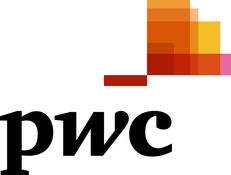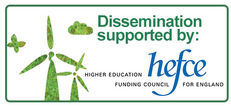This is our third Sustainability Report, but the first to look at what sustainability means to Queen Mary University London (QMUL) and how the three pillars of sustainability are linked to the values and operations of the university. The report highlights examples of the excellent work at QMUL relating to sustainability and, where possible, contributions of innovative individuals who are working to support QMUL’s sustainability vision, for example through leading academic research.
The report was completed entirely within our sustainability team and we were able to produce a quality report without any expenditure. The report is working towards meeting the GRI G4 framework, reporting against the economic, social and environmental impacts most concerning QMUL’s key stakeholders.
The Sustainability Report is a culmination of the excellent work that has been carried out throughout the year and is a key way of inspiring students and staff to get involved in sustainability in the future.
Queen Mary University London Annual Sustainability Report 2015-2016
Top 3 learnings
1 We found implementing the GRI G4 framework resulted in a higher level of engagement in sustainability overall as stakeholder engagement was a key part of the report writing process. Key stakeholders directly informed the contents of the report, ensuring that their key sustainability concerns were addressed and reported against.
2 We completed the report completely within our small sustainability team, currently with only three full time members of staff, carrying out stakeholder engagement, conducting research, collating evidence, designing, writing and distributing the final report. We’ve been able to demonstrate that it’s possible to complete an excellent sustainability report, to the high standards of GRI G4, without any expenditure
3 We learnt the importance of promoting the report within the university and beyond. Our Sustainability Report is an important tool demonstrating to staff and students the excellent work that is being carried out in regards to sustainability across the university, and a valuable tool to gain wider interest and support to build on this work. In addition, it is useful for future staff, students and the wider community to learn about sustainability at QMUL and how it is embedded into our operations.
Videos










 Except where otherwise stated, content on this site is
licensed under a Creative Commons Attribution 3.0 License.
Except where otherwise stated, content on this site is
licensed under a Creative Commons Attribution 3.0 License.
